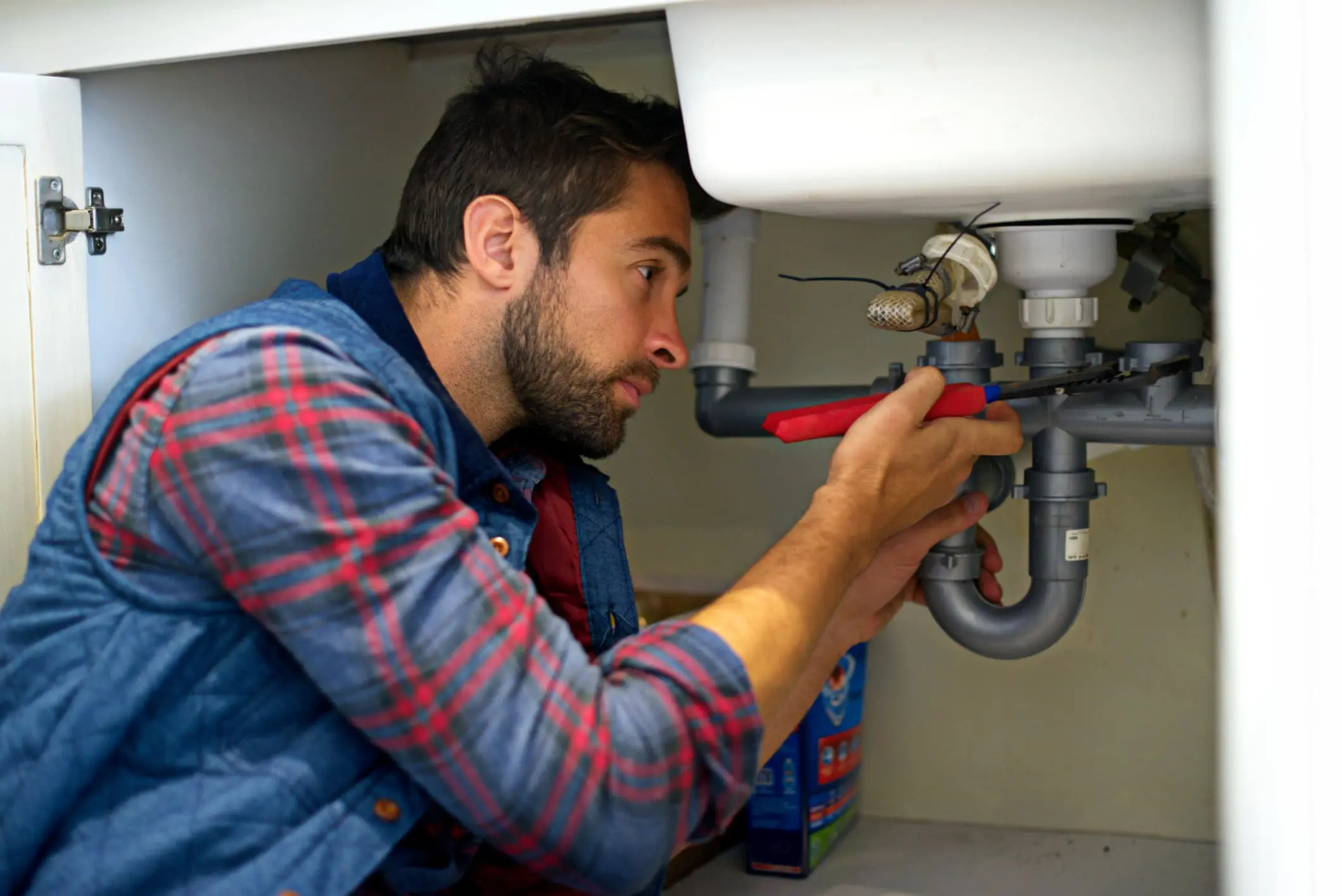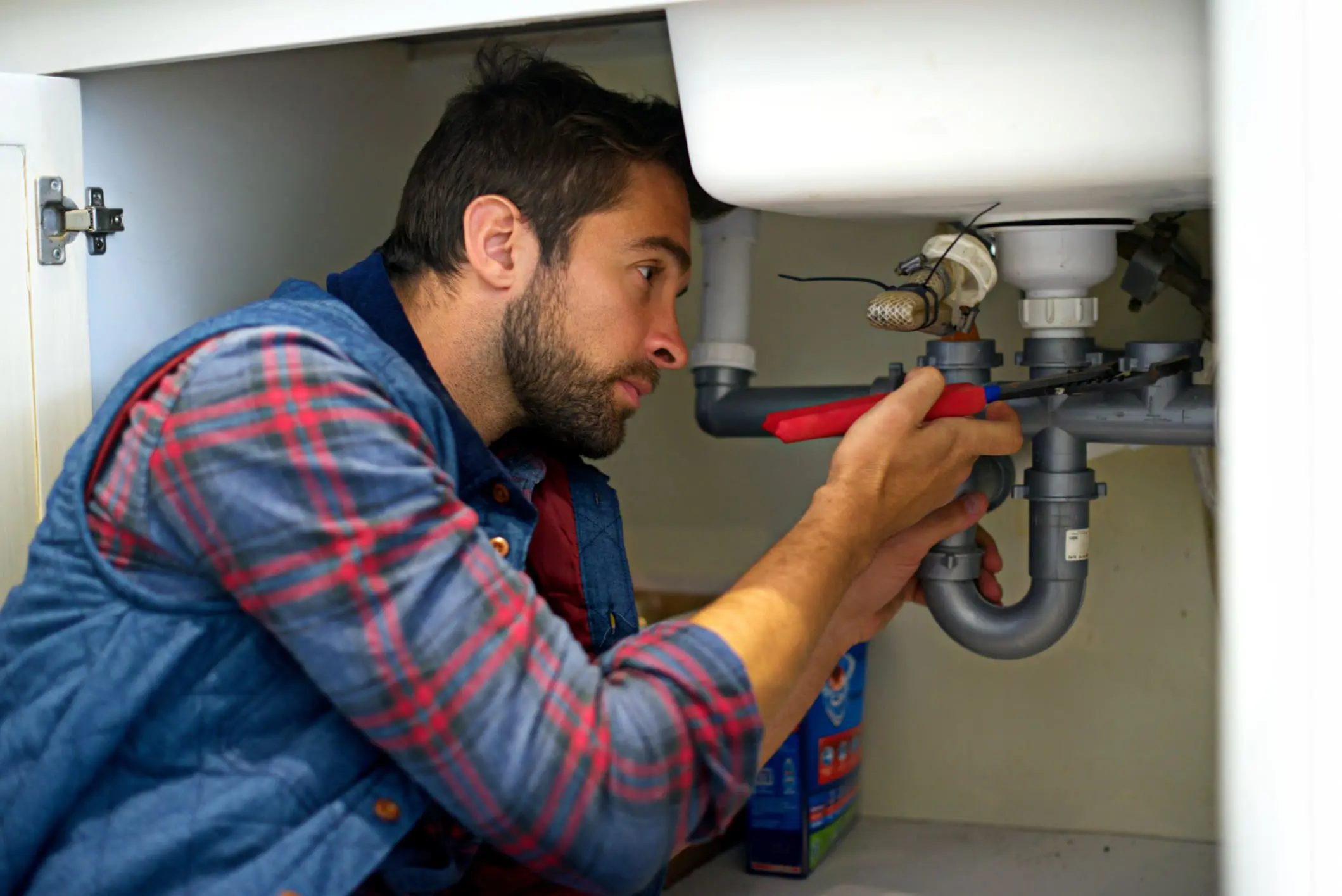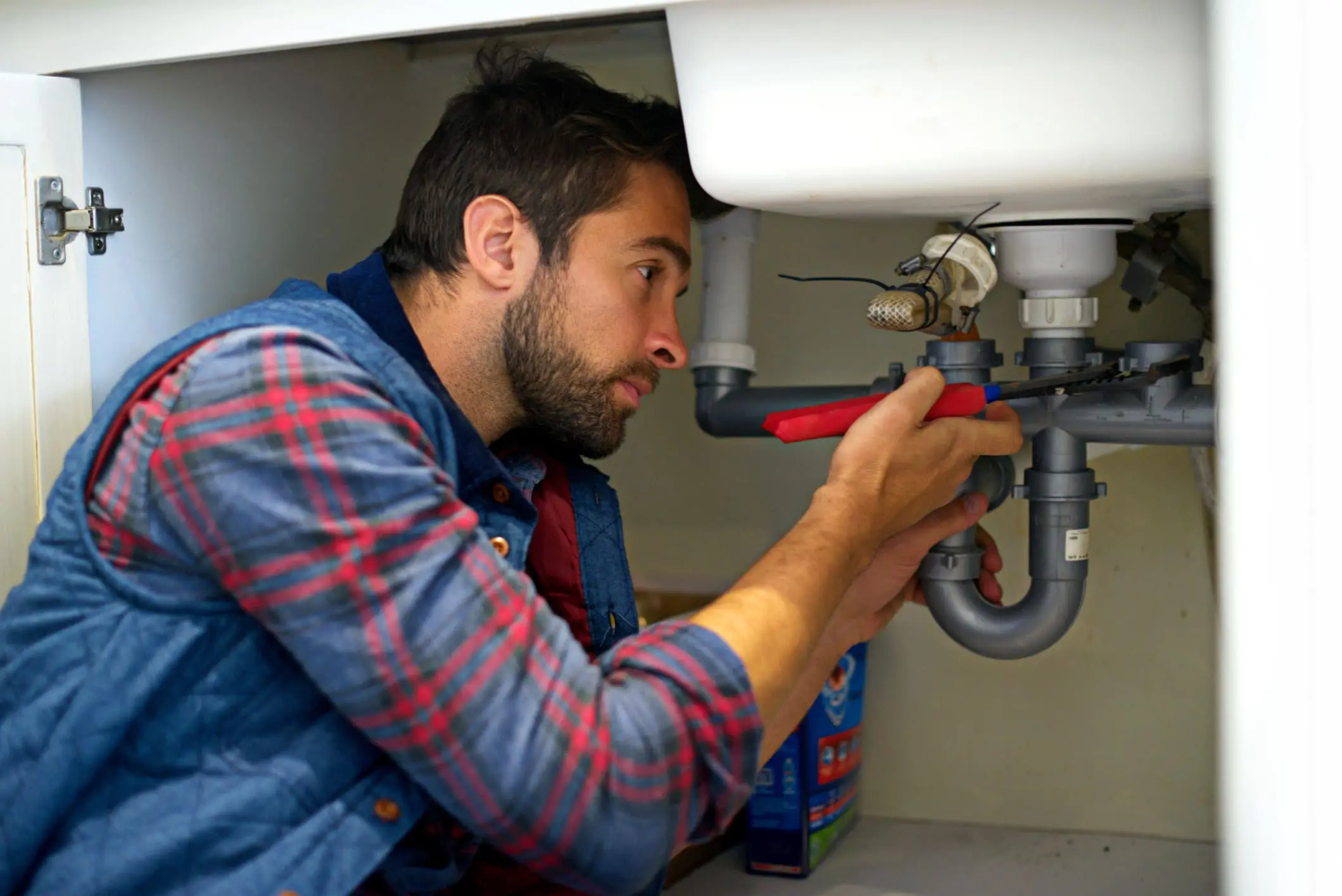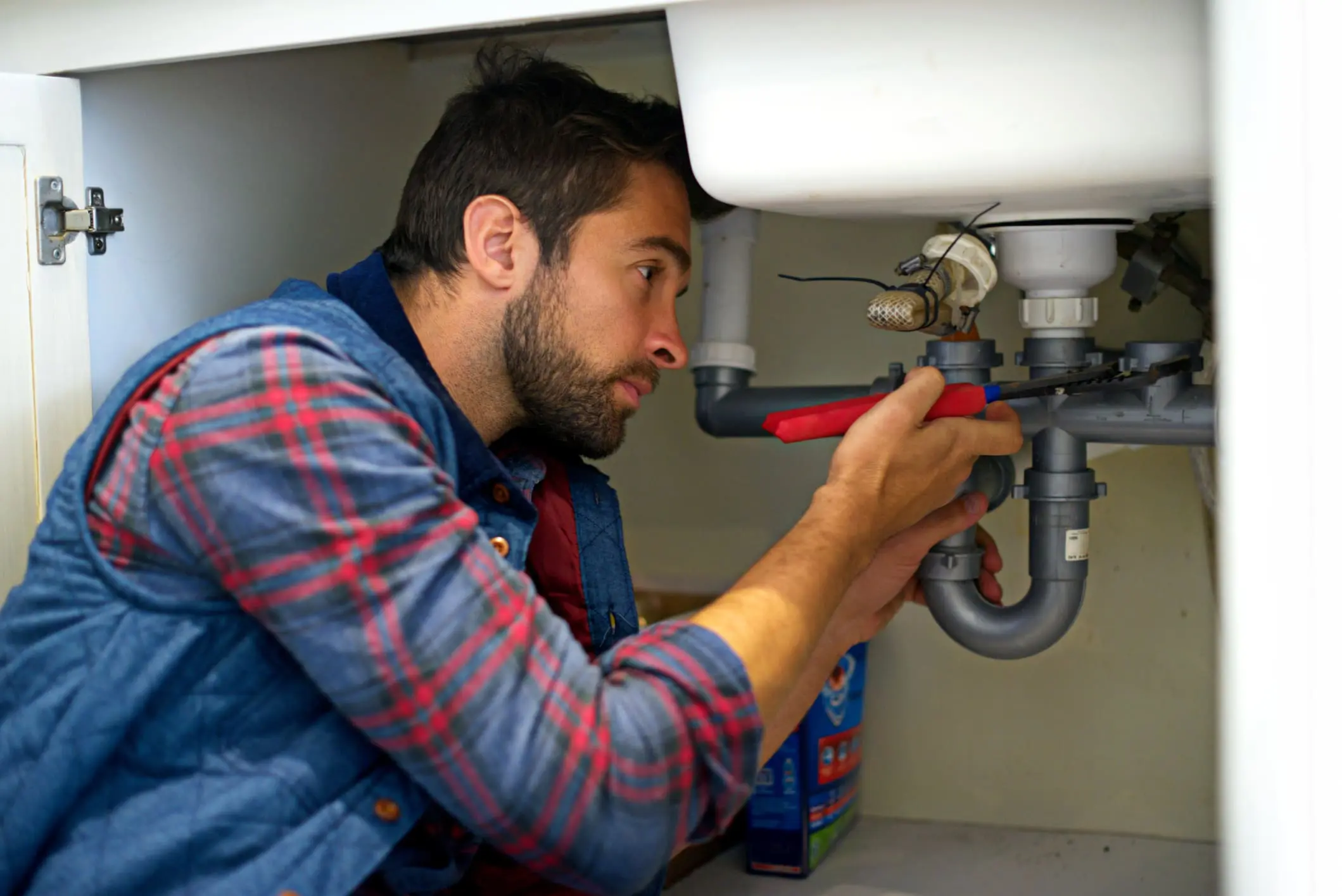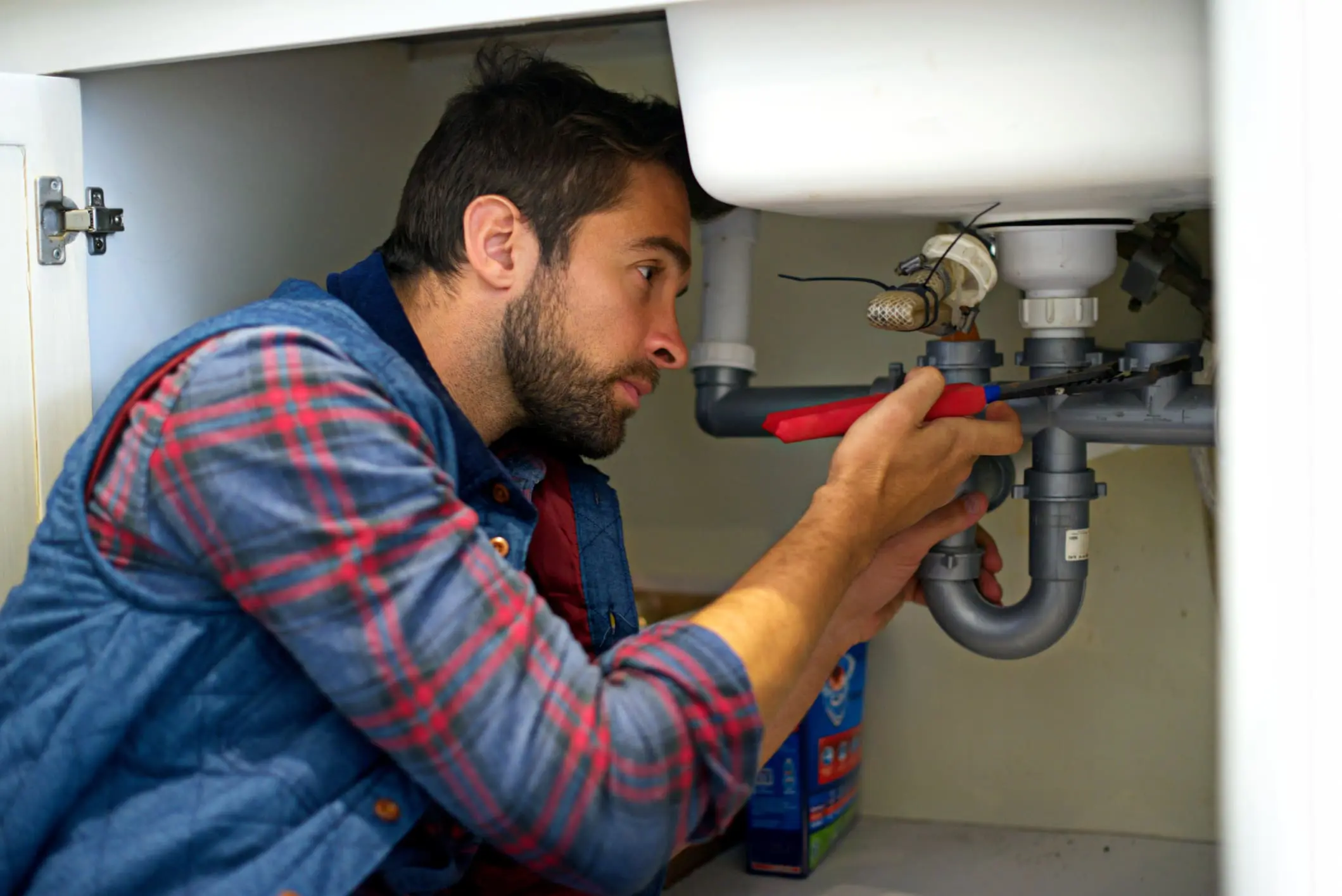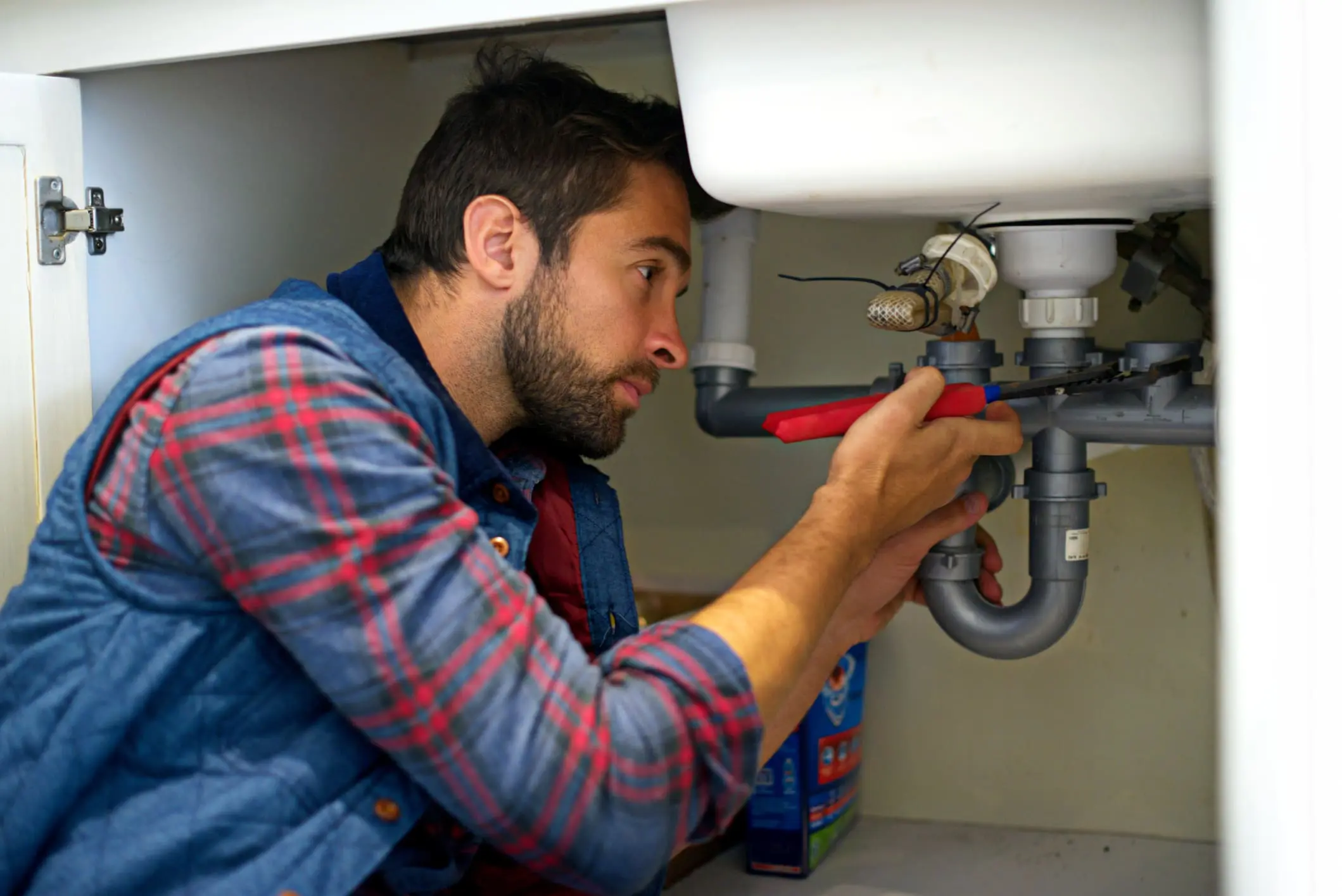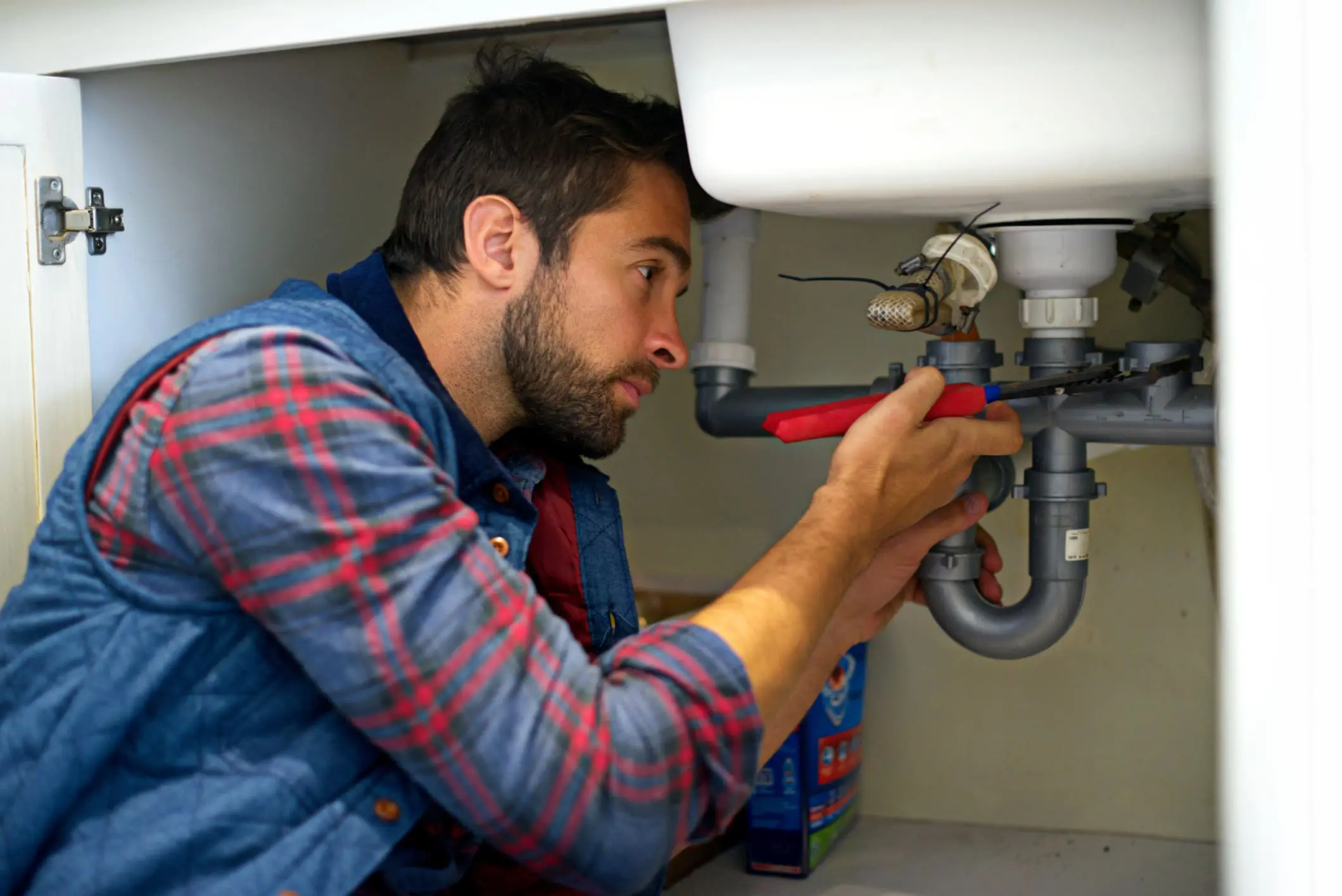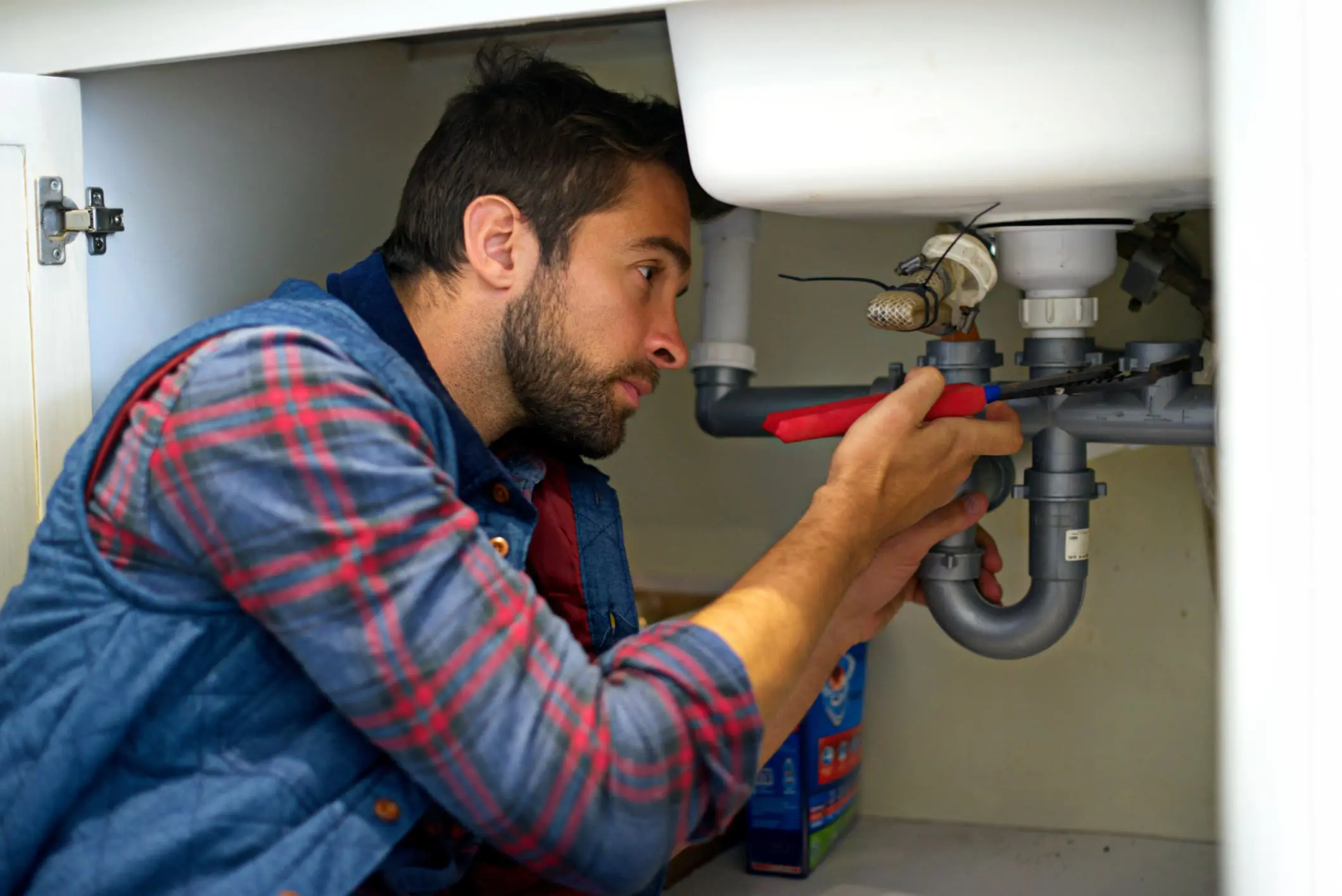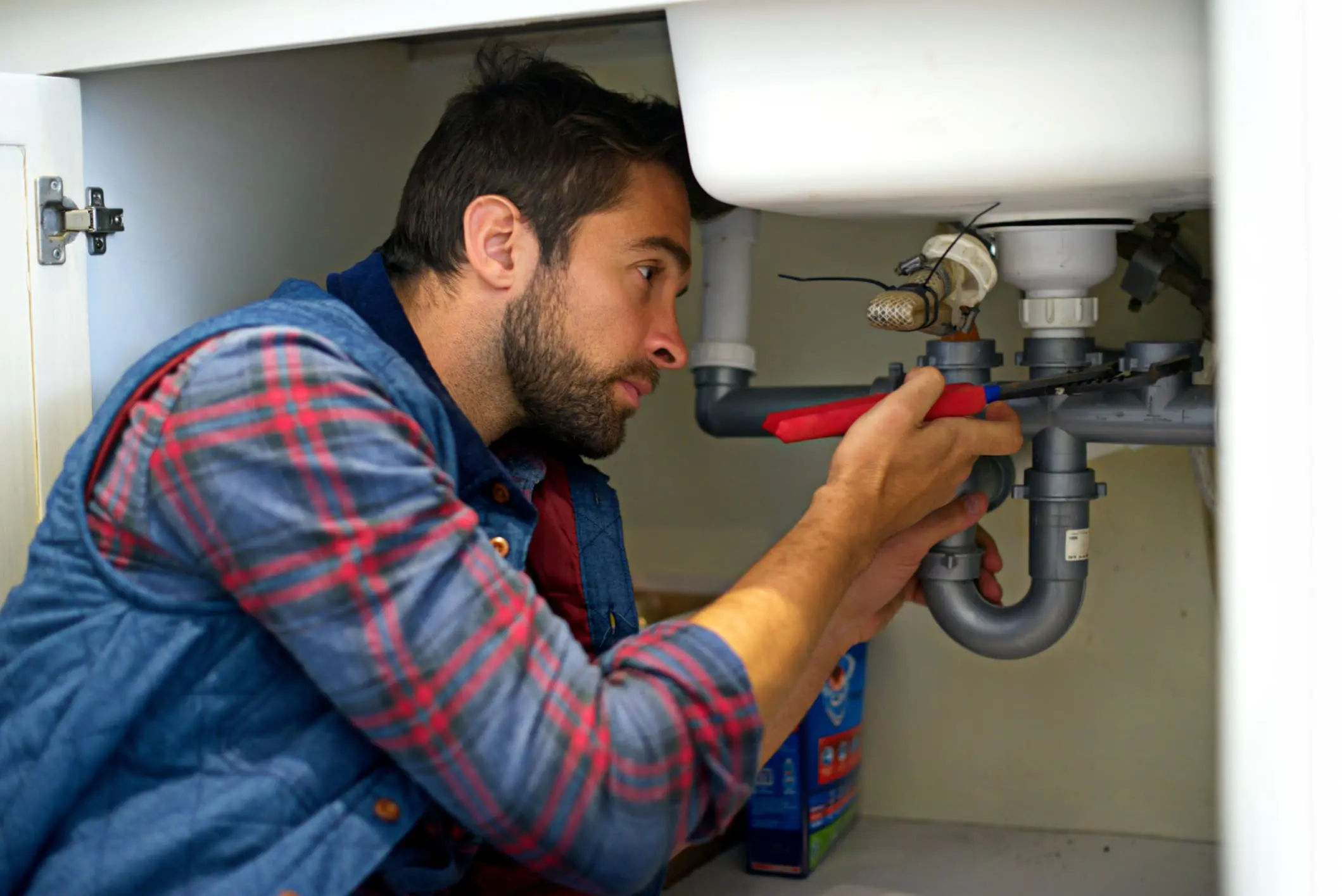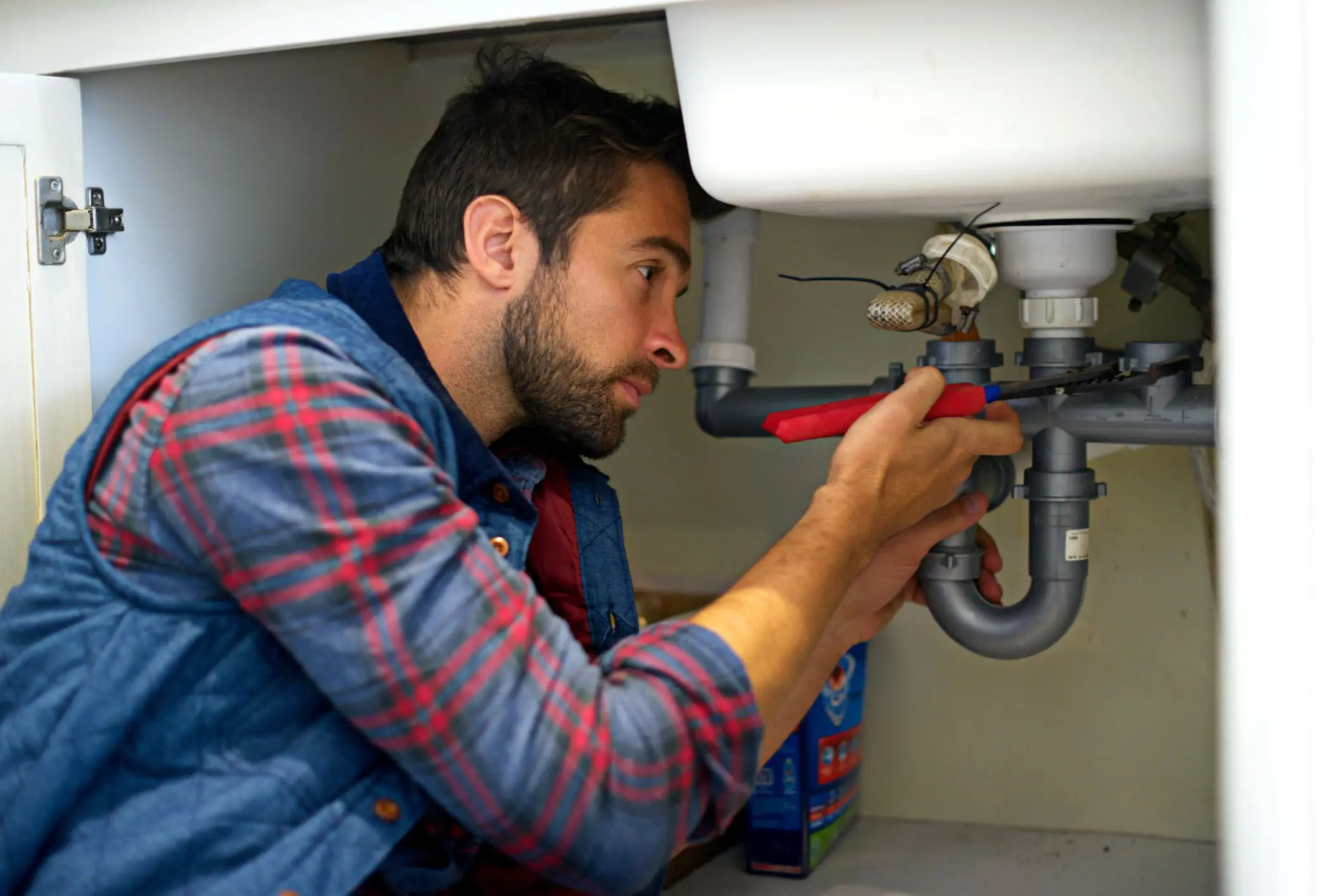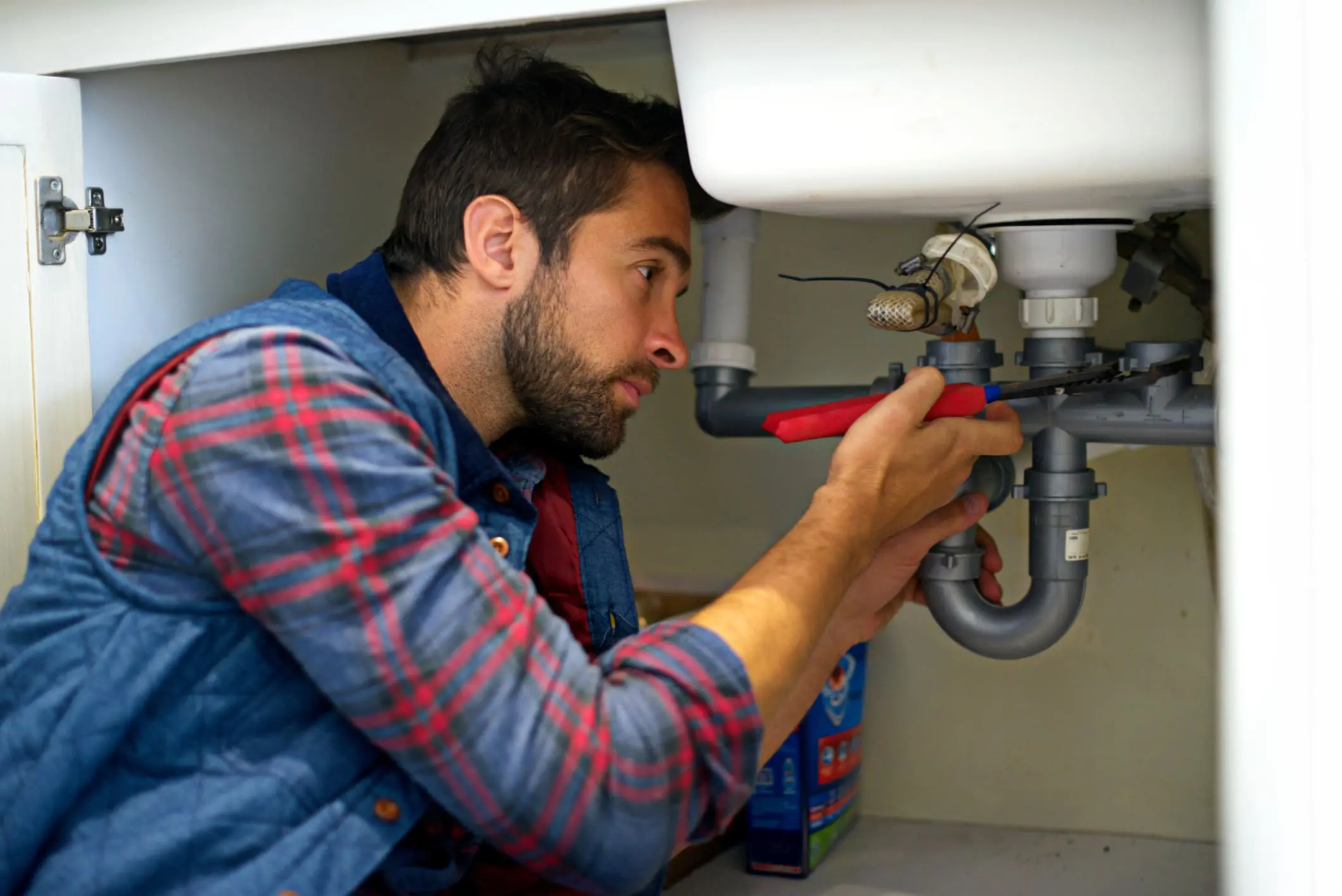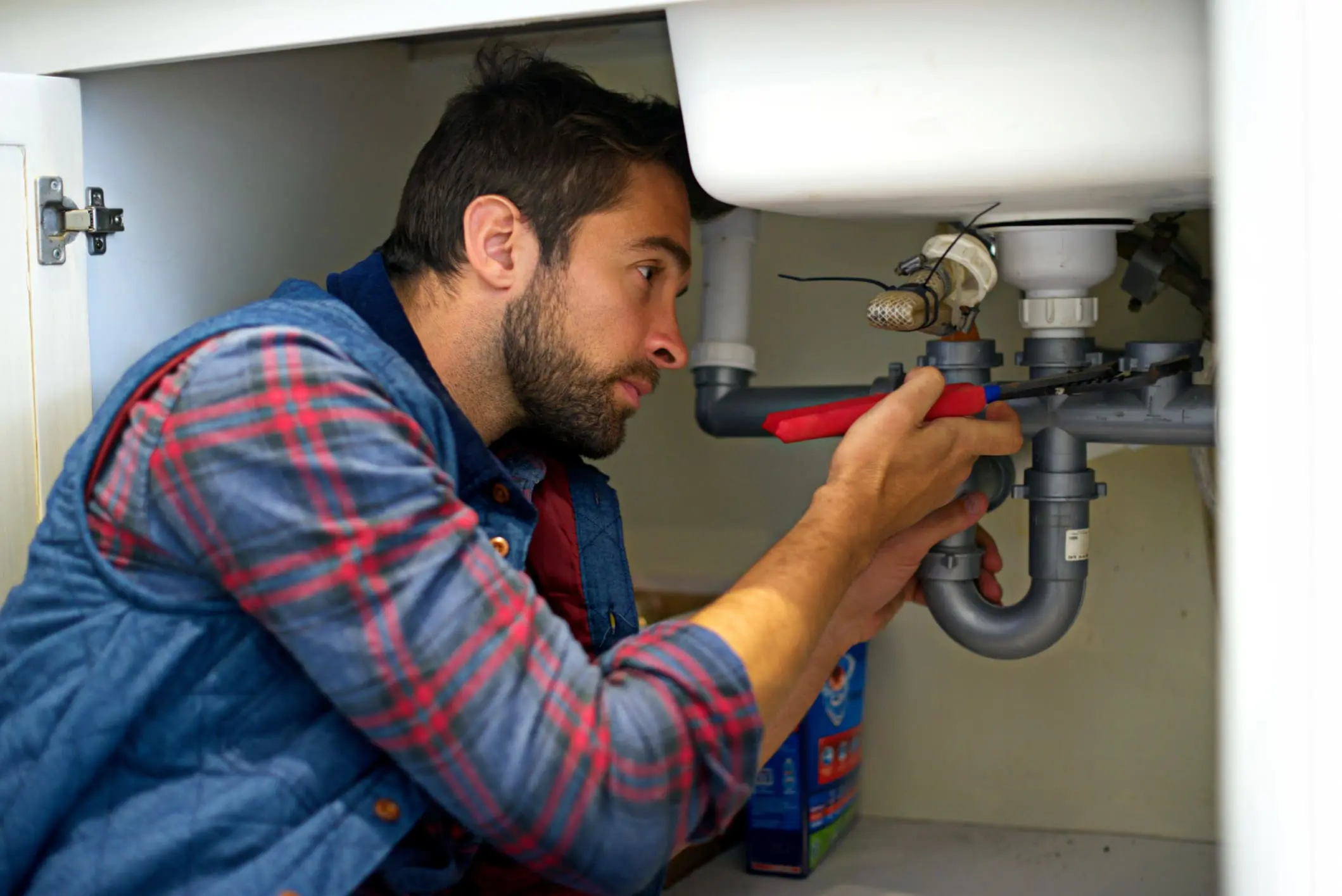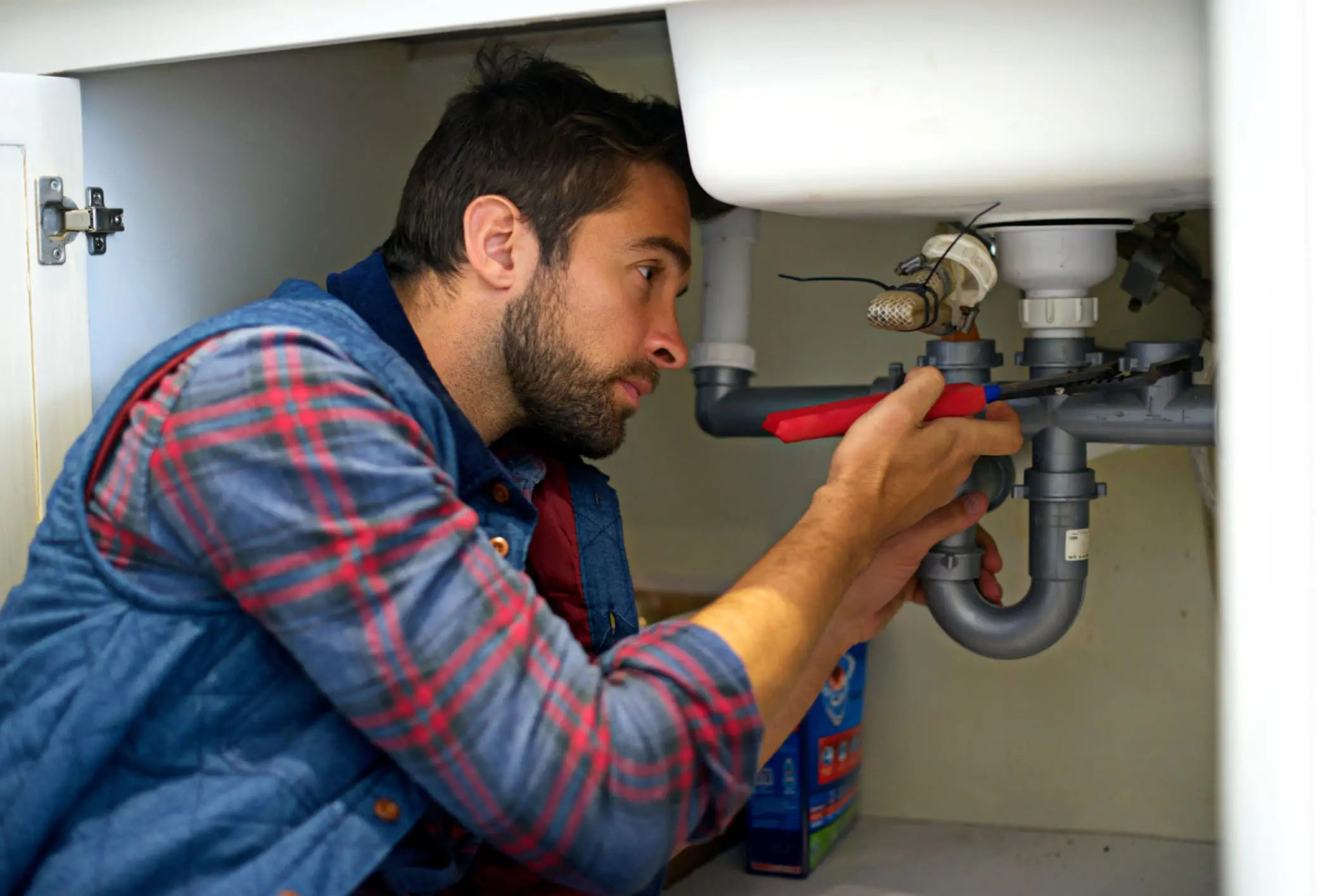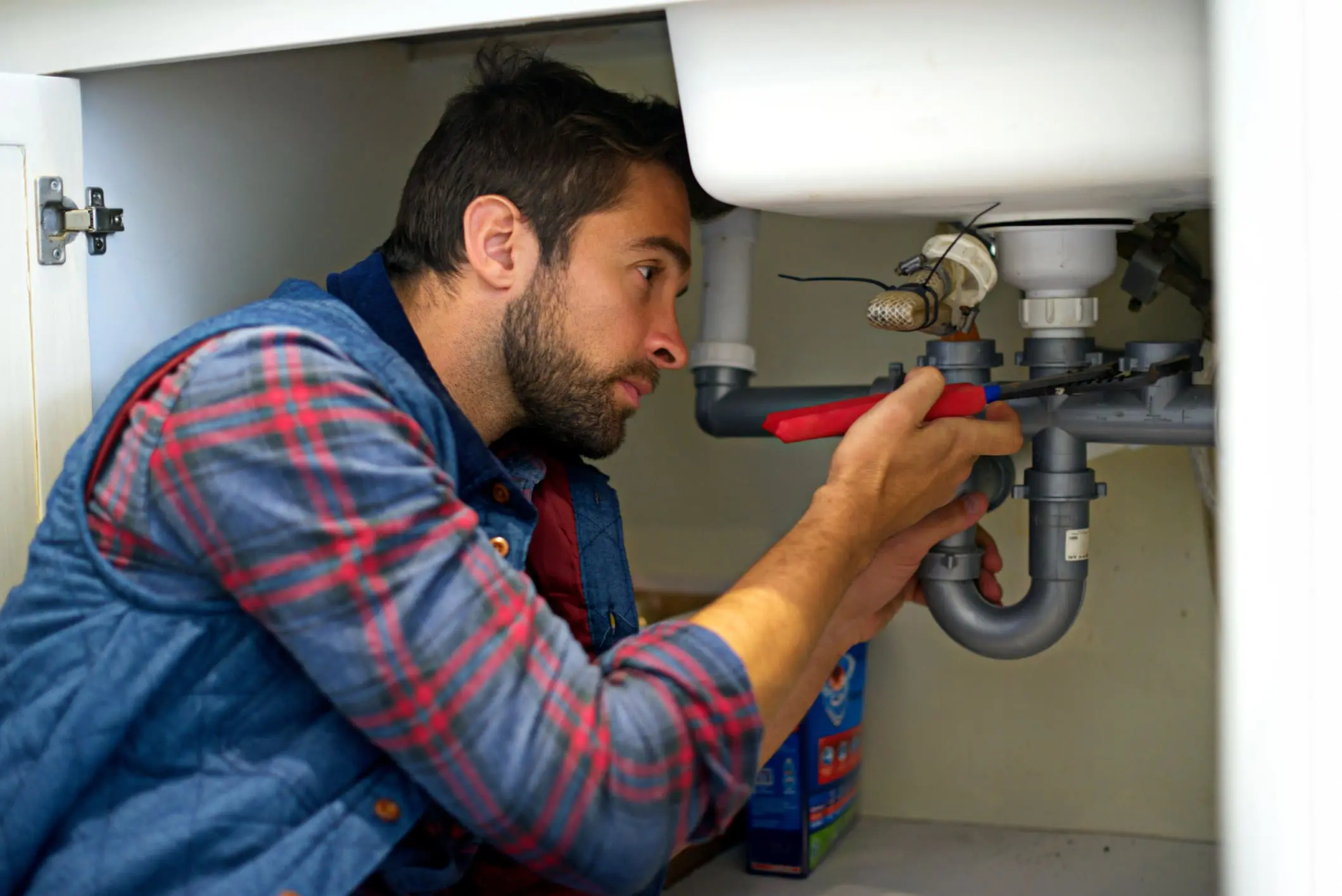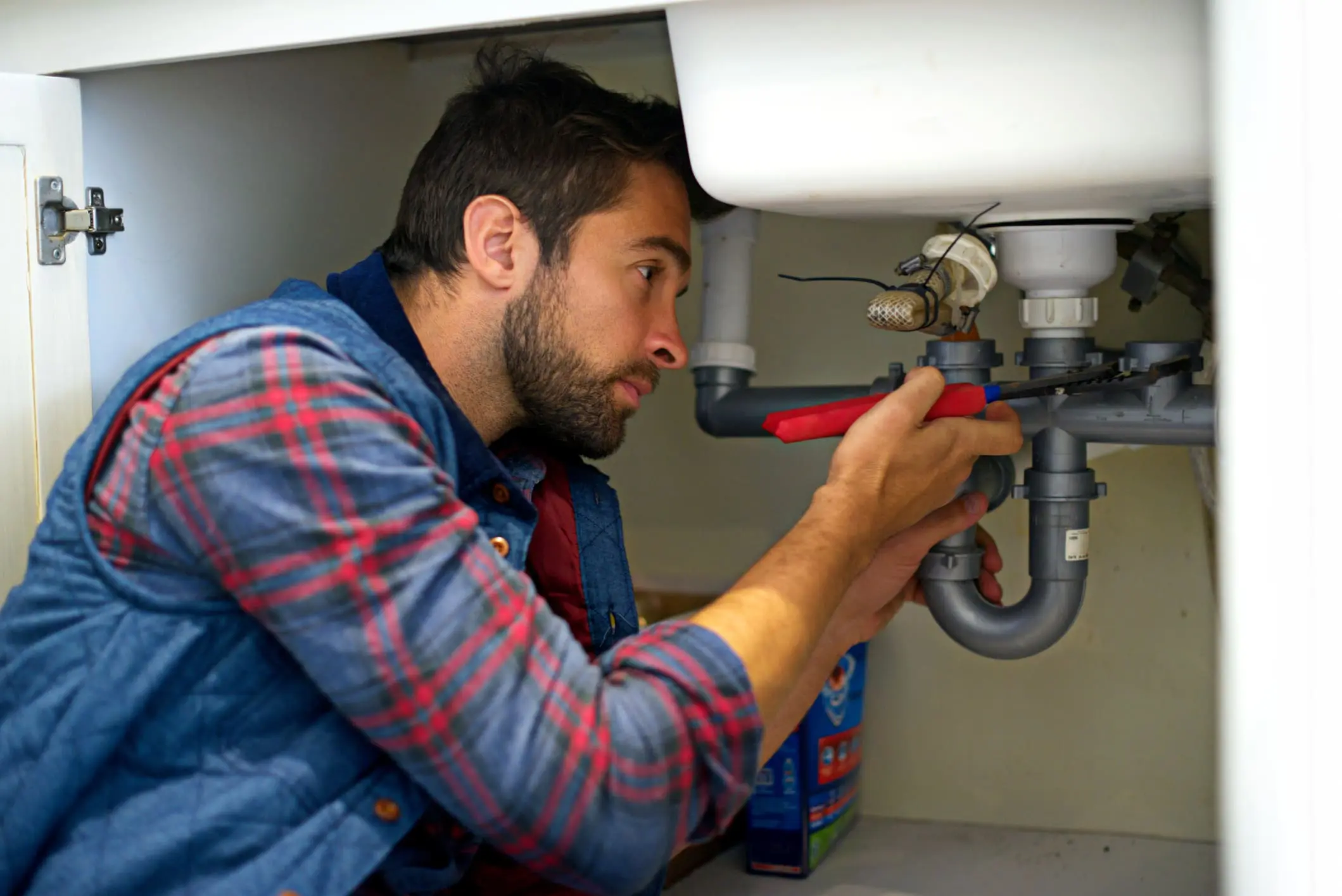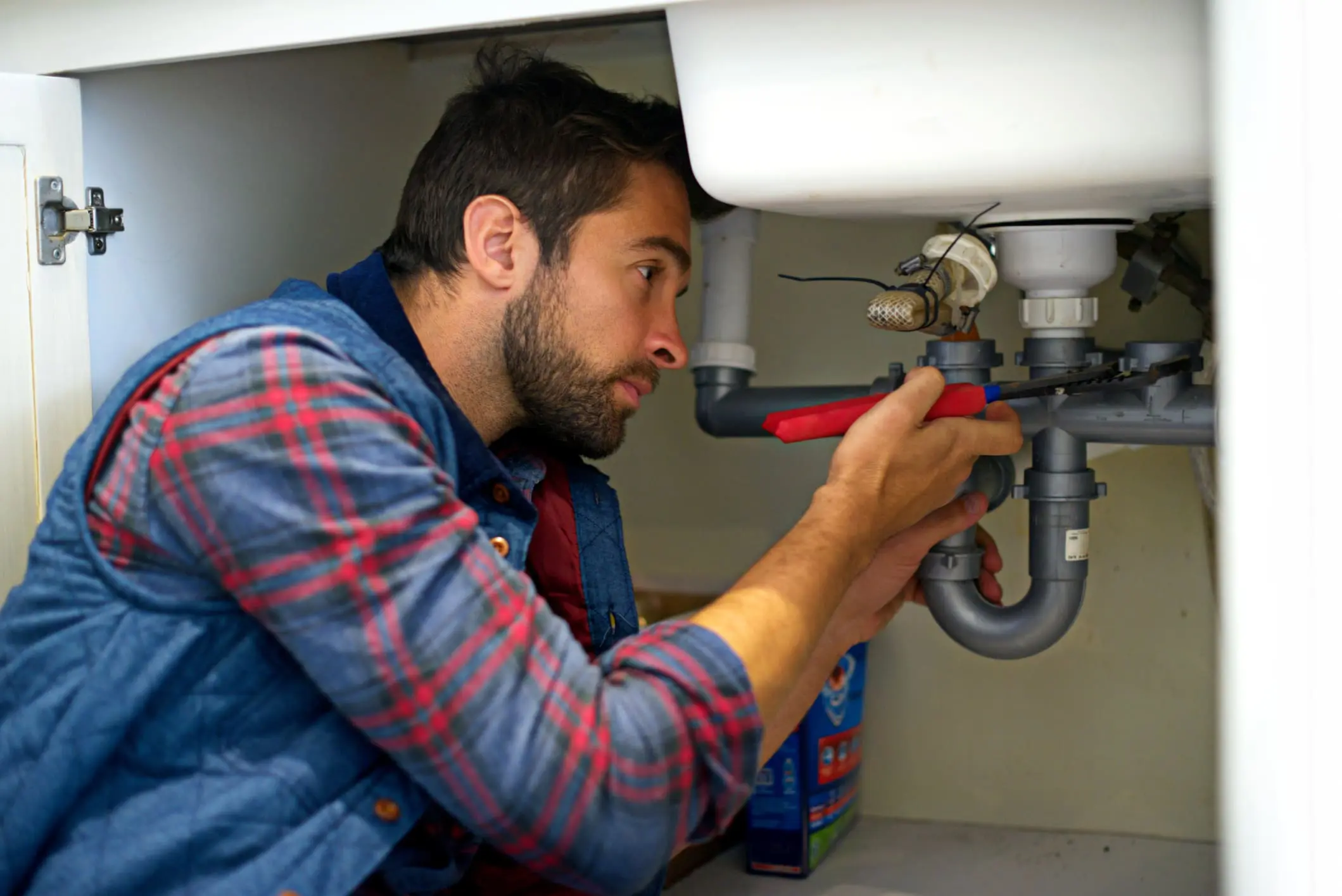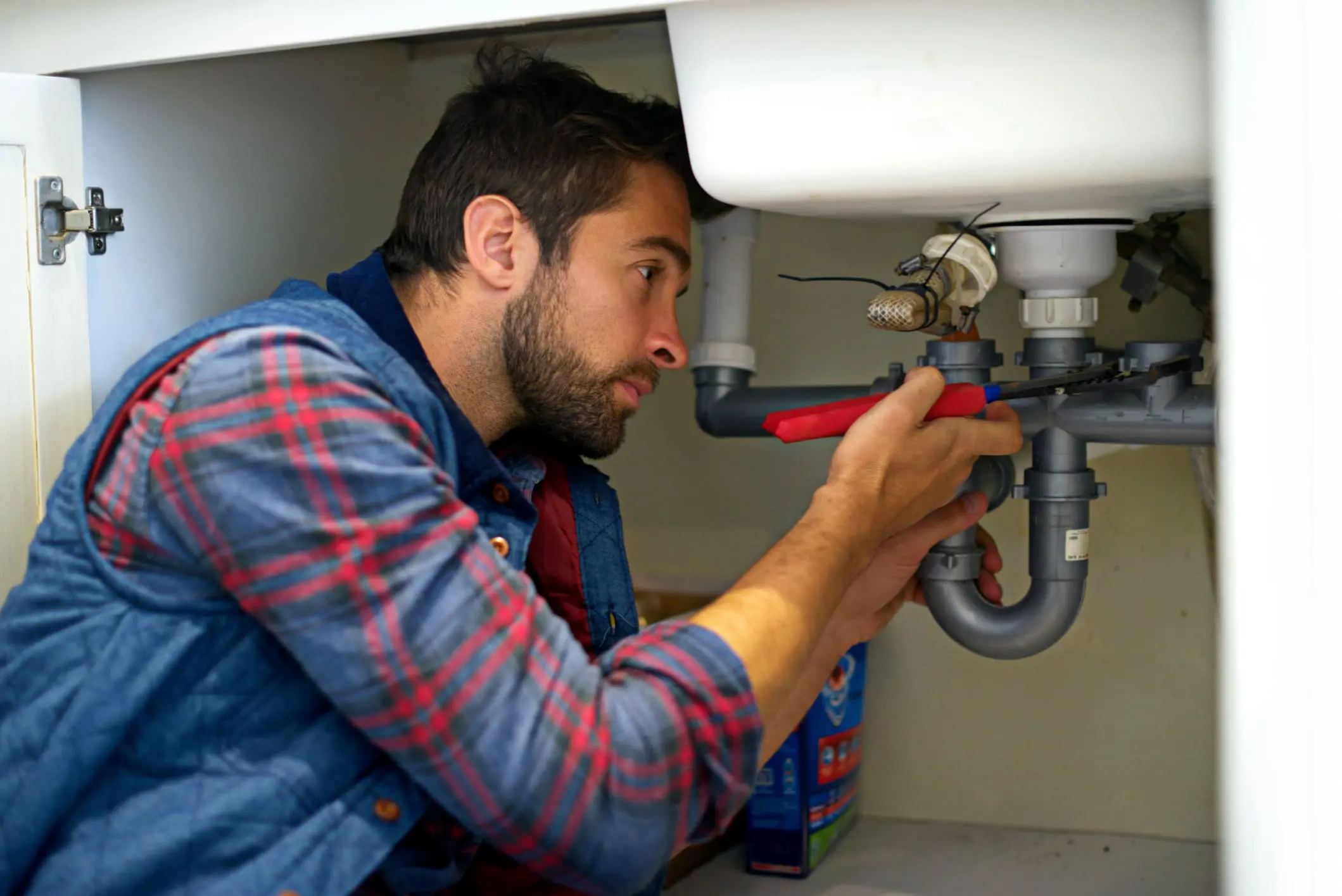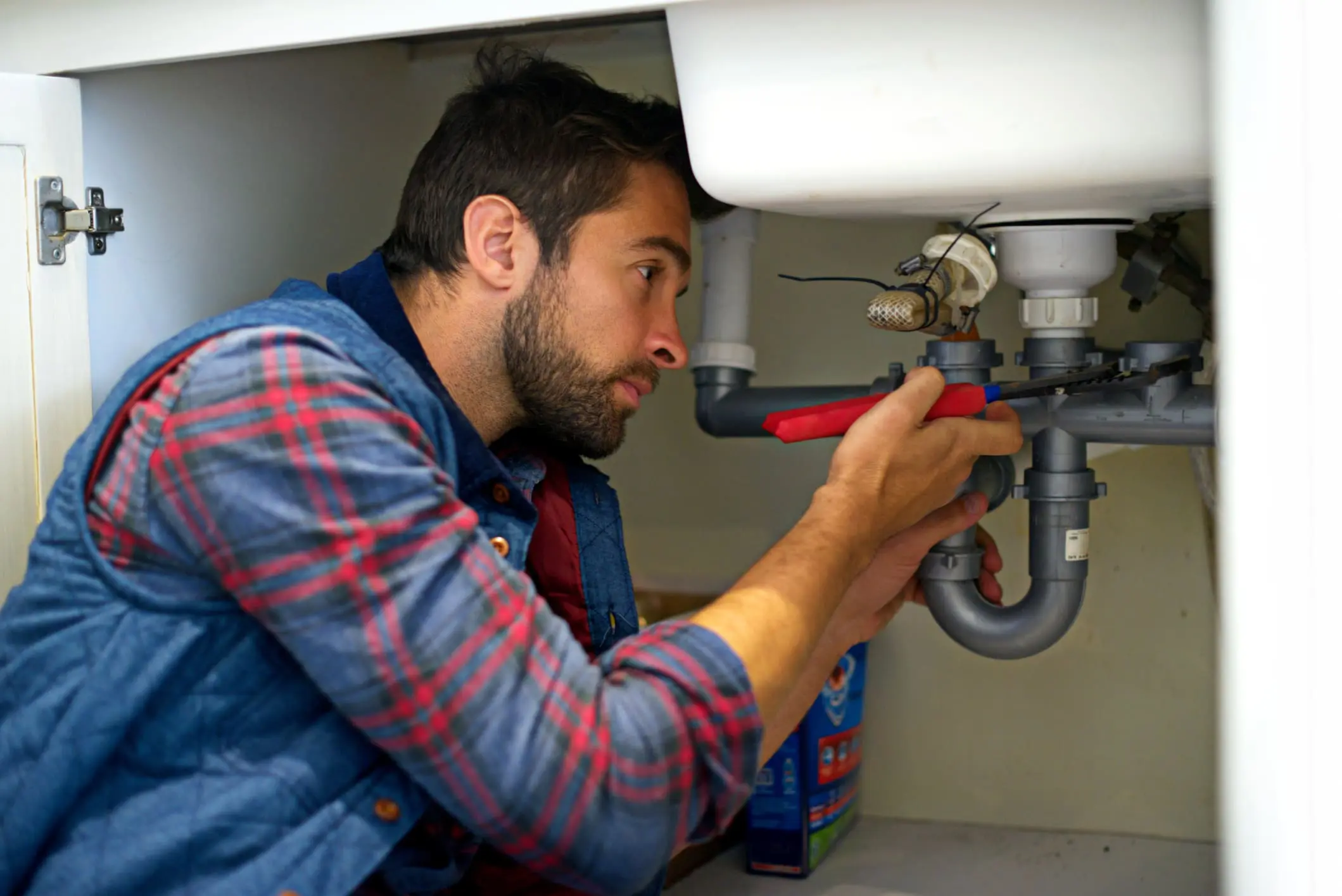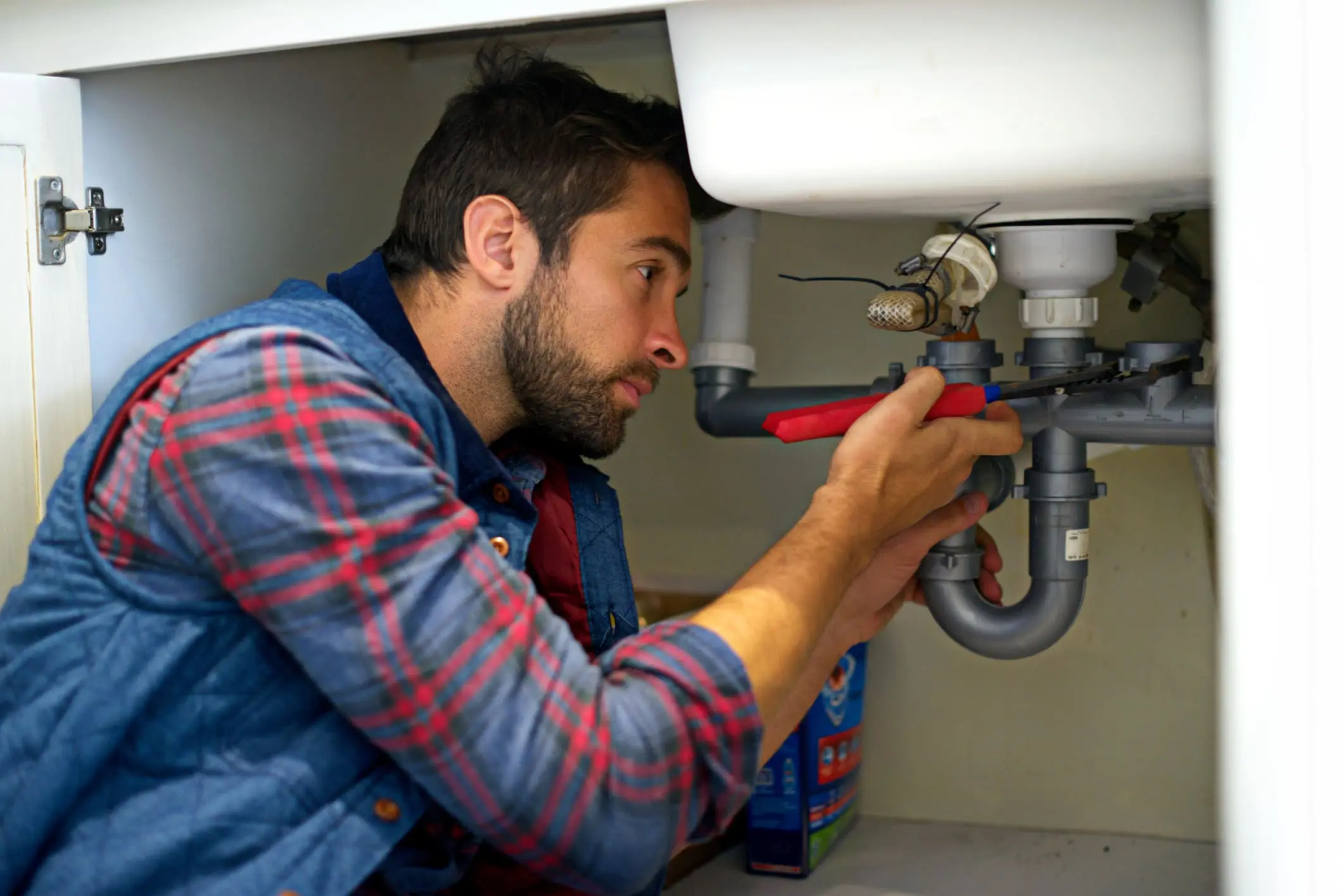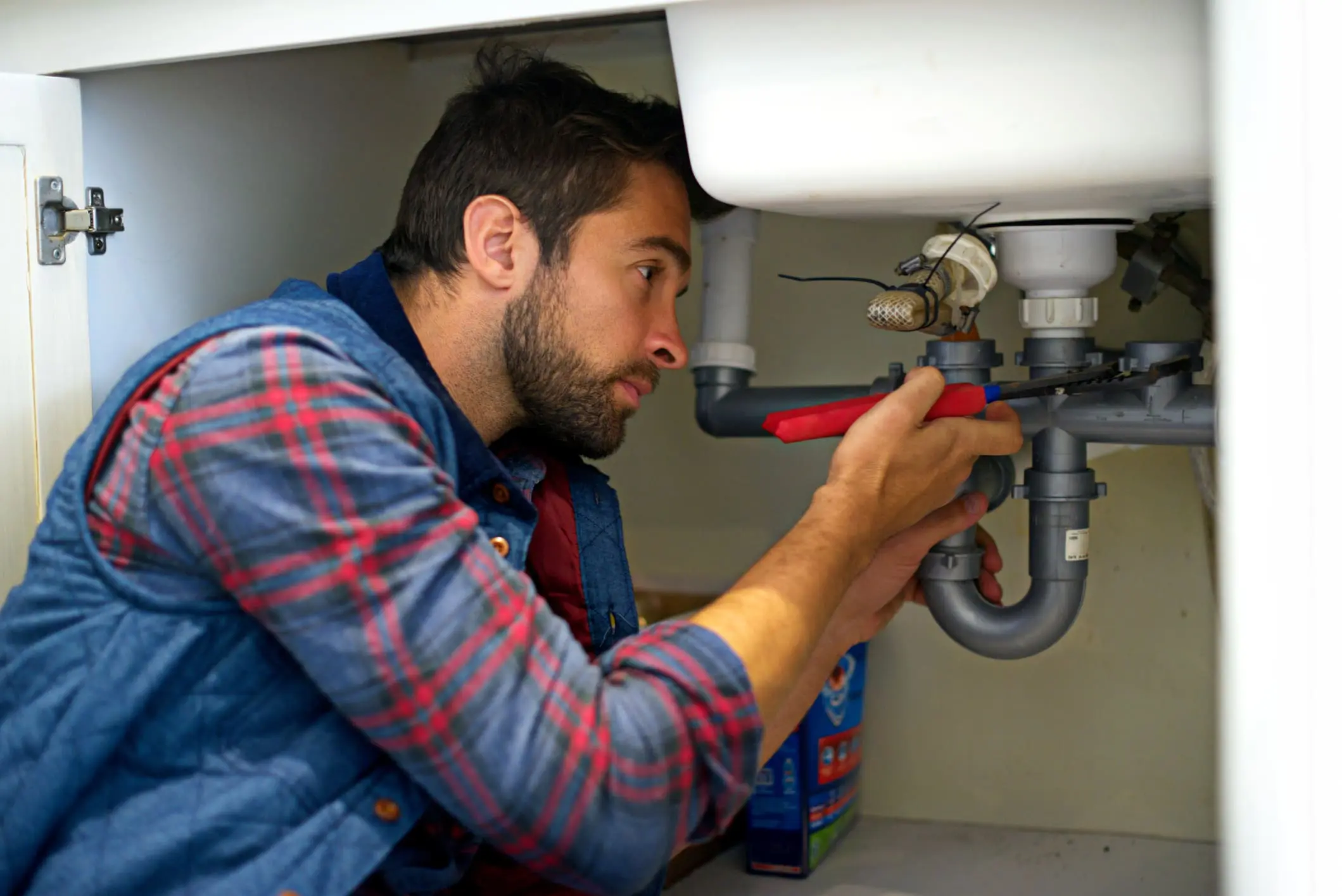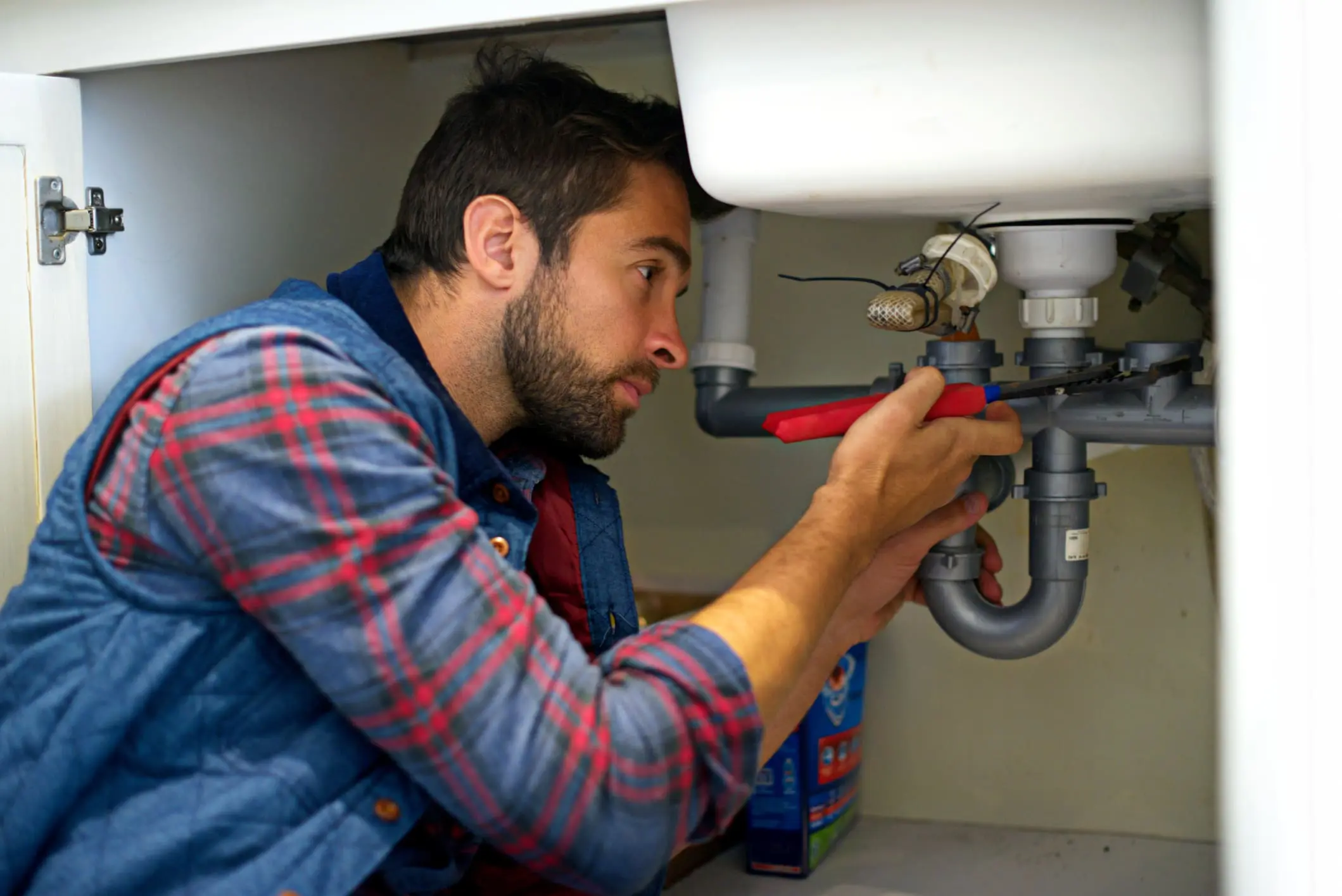The plumbing industry presents unique risks that require specialized insurance coverage. From working in confined spaces to h…
Plumber Public Liability Insurance: Essential Protection for Plumbing Professionals
Introduction
Public liability insurance is one of the most crucial forms of protection for plumbers operating in the UK. Whether you're a sole trader fixing a leaky tap or running a plumbing business with multiple employees, the risks associated with plumbing work can lead to significant financial exposure without proper insurance coverage.
Plumber public liability insurance protects you against claims made by third parties who suffer injury or property damage as a result of your plumbing work. Given the nature of plumbing - involving water, pressure systems, and working in customers' homes and businesses - the potential for accidents and damage is considerable.
What is Plumber Public Liability Insurance?
Public liability insurance for plumbers is a specialist form of business insurance that covers legal costs and compensation payments if a third party (such as a customer, member of the public, or another contractor) is injured or their property is damaged due to your plumbing activities.
This insurance covers incidents that occur during the course of your work, including accidents at customer premises, damage caused by faulty workmanship, and injuries resulting from your plumbing activities. It's designed to protect your business finances and reputation when things go wrong.
Key Coverage Areas
Property Damage Protection
- Water damage from burst pipes or faulty installations
- Structural damage from drilling or excavation work
- Damage to customer belongings during repairs
- Flooding caused by plumbing errors
- Damage to neighboring properties
Personal Injury Claims
- Slips and falls caused by wet floors during your work
- Injuries from tools or equipment left on site
- Burns from hot water systems
- Accidents involving ladders or access equipment
- Chemical exposure from cleaning products
Legal Defense Costs
- Solicitor fees and court costs
- Expert witness expenses
- Settlement negotiations
- Regulatory defense costs
Why Plumbers Need Public Liability Insurance
High-Risk Working Environment
Plumbing work inherently involves significant risks. Working with water systems, pressure vessels, and chemicals in confined spaces or customer properties creates numerous opportunities for accidents. Even experienced plumbers can face situations where equipment fails or unexpected complications arise.
Customer Property Exposure
Plumbers regularly work in customers' homes and businesses, often in areas containing valuable items or sensitive equipment. A small mistake, such as a loose connection or incorrect pipe fitting, can result in extensive water damage affecting multiple rooms or floors.
Legal Requirements and Contracts
Many customers, particularly commercial clients and local authorities, require proof of public liability insurance before allowing contractors on their premises. Without adequate coverage, you may be excluded from lucrative contracts and business opportunities.
Financial Protection
Legal claims can be extremely expensive, with compensation awards potentially reaching hundreds of thousands of pounds for serious incidents. Public liability insurance ensures that your business can survive a major claim without facing bankruptcy.
Common Claims Scenarios
Water Damage Incidents
- Incorrectly fitted pipe joints causing flooding
- Damage to electrical systems from water leaks
- Mold and structural damage from undetected leaks
- Burst pipes during pressure testing
Installation Errors
- Faulty boiler installations causing carbon monoxide exposure
- Incorrect drainage work leading to sewage backups
- Pressure system failures causing property damage
- Hot water system malfunctions causing scalding
Access and Equipment Issues
- Ladder accidents injuring bystanders
- Tool-related injuries to customers or their employees
- Damage from heavy equipment or vehicles
- Excavation work affecting neighboring properties
Coverage Limits and Considerations
Standard Coverage Amounts
Most plumbers opt for public liability coverage between £1 million and £6 million, with £2 million being the most common choice for small to medium-sized operations. Larger plumbing contractors or those working on high-value commercial projects may require higher limits.
Aggregate vs. Per Claim Limits
Understanding whether your policy provides coverage per claim or as an aggregate annual limit is crucial. Per-claim limits offer better protection if you face multiple incidents in a single year.
Excess Payments
Most policies include an excess (deductible) that you must pay toward any claim. Typical excess amounts range from £250 to £1,000, with higher excesses often resulting in lower premium costs.
What's Not Covered
Professional Indemnity Exclusions
Public liability insurance doesn't cover pure financial losses resulting from professional advice or design errors. For this protection, you need separate professional indemnity insurance.
Employer Liability
Injuries to your employees are covered under employer liability insurance, not public liability. If you have staff, you'll need both types of coverage.
Intentional Acts
Deliberate damage or criminal activities are excluded from coverage, as are incidents occurring outside the scope of your business activities.
Contractual Penalties
Liquidated damages clauses and contractual penalties for delayed completion are typically excluded from public liability policies.
Factors Affecting Premium Costs
Business Size and Turnover
Larger plumbing businesses with higher annual turnover generally pay higher premiums due to increased exposure and claim frequency.
Type of Work
Emergency plumbing services, commercial installations, and specialized work like gas fitting typically attract higher premiums than basic domestic repairs.
Claims History
A clean claims record can significantly reduce premium costs, while previous claims may result in higher rates or policy exclusions.
Geographic Location
Operating in areas with higher property values or increased litigation rates can affect premium pricing.
Risk Management Measures
Implementing proper safety procedures, maintaining certifications, and using quality materials can help reduce premium costs.
Choosing the Right Policy
Coverage Assessment
Evaluate your specific risks based on the type of plumbing work you perform, the value of properties you work on, and your potential exposure to large claims.
Insurer Reputation
Choose insurers with strong financial ratings and experience in covering tradespeople. Look for companies that understand the plumbing industry and offer specialized coverage.
Policy Terms and Conditions
Carefully review policy exclusions, coverage territories, and claims procedures. Ensure the policy covers all aspects of your plumbing business activities.
Additional Benefits
Some policies include legal helplines, business interruption coverage, or tools and equipment protection as standard or optional extras.
Risk Management Best Practices
Proper Training and Certification
Maintain current qualifications and ensure all staff receive appropriate training. Stay updated with industry standards and regulations.
Quality Control Procedures
Implement systematic quality checks for all installations and repairs. Document your work thoroughly and follow manufacturer guidelines.
Safety Protocols
Develop and enforce comprehensive safety procedures for all work activities. Provide appropriate personal protective equipment and ensure its use.
Customer Communication
Clearly explain work procedures to customers and obtain written authorization for any changes to agreed work. Document pre-existing conditions and potential risks.
Making a Claim
Immediate Steps
- Ensure safety of all persons involved
- Document the incident thoroughly with photographs
- Gather witness statements and contact details
- Notify your insurer immediately, even for minor incidents
- Avoid admitting liability or making settlement offers
Documentation Requirements
Your insurer will require detailed information about the incident, including work records, photographs, witness statements, and any relevant correspondence with the affected party.
Claims Process
Most insurers assign dedicated claims handlers for liability claims. They will investigate the incident, negotiate with third parties, and handle legal proceedings if necessary.
Integration with Other Insurance Types
Tradesman Insurance Packages
Many insurers offer comprehensive tradesman packages that combine public liability with tools insurance, professional indemnity, and business equipment coverage at competitive rates.
Commercial Combined Policies
Larger plumbing businesses may benefit from commercial combined insurance that includes public liability alongside property, business interruption, and other commercial coverages.
Regulatory Compliance
Gas Safe Registration
Plumbers working with gas appliances must maintain Gas Safe registration and ensure their insurance covers gas-related work.
Water Regulations
Compliance with Water Supply (Water Fittings) Regulations is essential, and your insurer should be notified of any regulatory investigations.
Health and Safety Requirements
Adherence to Construction (Design and Management) Regulations and other health and safety legislation can affect your insurance coverage and claims.
Conclusion
Public liability insurance is not just a business expense for plumbers - it's an essential investment in your professional future. The plumbing industry's inherent risks, combined with increasing litigation and higher compensation awards, make comprehensive coverage more important than ever.
The relatively modest cost of public liability insurance compared to the potential financial devastation of an uninsured claim makes this coverage a no-brainer for any serious plumbing professional. Whether you're just starting out or running an established plumbing business, ensure you have adequate public liability coverage that matches your specific risks and circumstances.
Remember that the cheapest policy isn't always the best value. Focus on finding coverage that provides comprehensive protection for your specific plumbing activities, backed by an insurer with a strong reputation for claims handling and customer service.
By combining proper insurance coverage with good risk management practices, you can protect your plumbing business while providing customers with confidence in your professionalism and reliability.


 0330 127 2333
0330 127 2333
